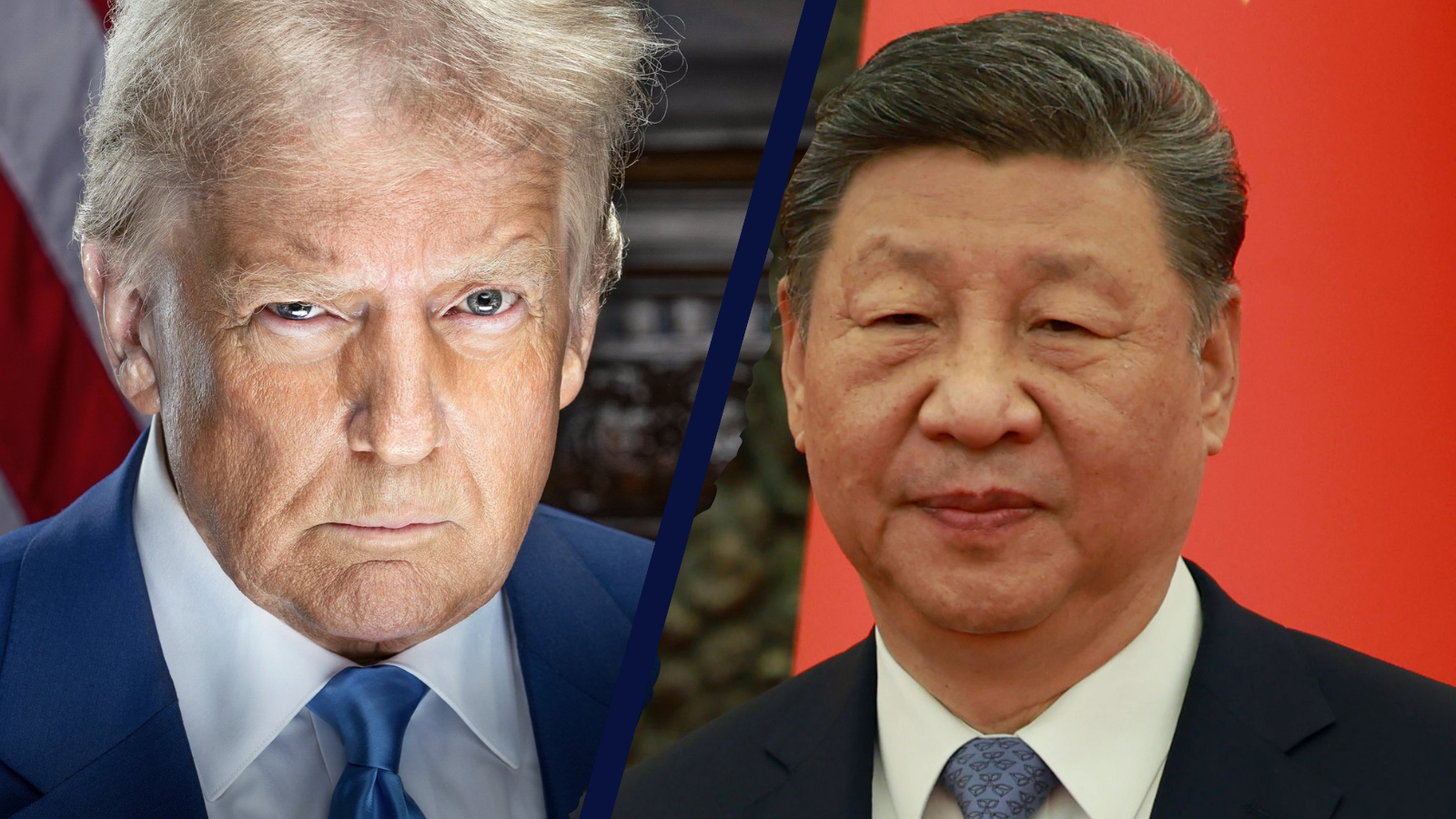Trump Cuts Fentanyl Tariffs on China to 10% After ‘Amazing Meeting’ with Xi Jinping
US President Donald Trump announced on Thursday that he would reduce tariffs on Chinese goods related to fentanyl from 20 per cent to 10 per cent following an “amazing meeting” with Chinese President Xi Jinping in South Korea. The two leaders met in Busan on the sidelines of the Asia-Pacific Economic Cooperation (APEC) summit in Gyeongju.
Trump had earlier imposed a 20 per cent tariff on Chinese goods as part of efforts to curb the inflow of chemical ingredients used to produce fentanyl, a synthetic opioid that has been linked to a severe public health crisis in the United States. Speaking aboard Air Force One after the meeting, Trump said, “I believe he’s going to work very hard to stop the death that’s coming in.” He also confirmed that the dispute between the two countries had been “settled.”
In addition to easing fentanyl-related tariffs, Trump announced a new agreement with China regarding the supply of rare earth materials—essential components for electronics and renewable technologies. “All the rare earths has been settled, and that's for the world,” he said, adding that the deal would last for one year with the option for annual renewal.
The leaders also discussed global security matters, including the ongoing war in Ukraine. “Ukraine came up very strongly. We talked about it for a long time, and we are both going to work together to see if we can get something,” Trump stated. He further added that Xi Jinping had agreed to assist the United States in seeking a peaceful resolution to the conflict.
Describing the conversation as a “great success,” Trump revealed plans to visit China in April 2026, signalling a renewed effort to strengthen diplomatic and economic ties between the two major economies. The meeting was marked by a cordial exchange, with both leaders shaking hands and smiling for the cameras before beginning their discussions.
When asked about the topic of Taiwan, Trump clarified that it “never came up. That was not discussed actually.” His remark indicated that the focus of the talks remained on trade, narcotics control, and global cooperation rather than geopolitical tensions.
Xi Jinping expressed optimism about the meeting, noting, “Under our joint guidance, China-US relations have remained stable on the whole. Given our different national conditions, we do not always see eye to eye with each other, and it is normal for the two leading economies of the world to have frictions now and then.”
Observers have described the meeting as a possible turning point in the strained relations between the US and China, particularly after years of tariff disputes and security tensions. The decision to lower fentanyl tariffs is being viewed as a strategic step toward broader cooperation in trade and public health, potentially paving the way for improved bilateral relations in the coming year.

Trump had earlier imposed a 20 per cent tariff on Chinese goods as part of efforts to curb the inflow of chemical ingredients used to produce fentanyl, a synthetic opioid that has been linked to a severe public health crisis in the United States. Speaking aboard Air Force One after the meeting, Trump said, “I believe he’s going to work very hard to stop the death that’s coming in.” He also confirmed that the dispute between the two countries had been “settled.”
In addition to easing fentanyl-related tariffs, Trump announced a new agreement with China regarding the supply of rare earth materials—essential components for electronics and renewable technologies. “All the rare earths has been settled, and that's for the world,” he said, adding that the deal would last for one year with the option for annual renewal.
The leaders also discussed global security matters, including the ongoing war in Ukraine. “Ukraine came up very strongly. We talked about it for a long time, and we are both going to work together to see if we can get something,” Trump stated. He further added that Xi Jinping had agreed to assist the United States in seeking a peaceful resolution to the conflict.
Describing the conversation as a “great success,” Trump revealed plans to visit China in April 2026, signalling a renewed effort to strengthen diplomatic and economic ties between the two major economies. The meeting was marked by a cordial exchange, with both leaders shaking hands and smiling for the cameras before beginning their discussions.
When asked about the topic of Taiwan, Trump clarified that it “never came up. That was not discussed actually.” His remark indicated that the focus of the talks remained on trade, narcotics control, and global cooperation rather than geopolitical tensions.
Xi Jinping expressed optimism about the meeting, noting, “Under our joint guidance, China-US relations have remained stable on the whole. Given our different national conditions, we do not always see eye to eye with each other, and it is normal for the two leading economies of the world to have frictions now and then.”
Observers have described the meeting as a possible turning point in the strained relations between the US and China, particularly after years of tariff disputes and security tensions. The decision to lower fentanyl tariffs is being viewed as a strategic step toward broader cooperation in trade and public health, potentially paving the way for improved bilateral relations in the coming year.
Next Story